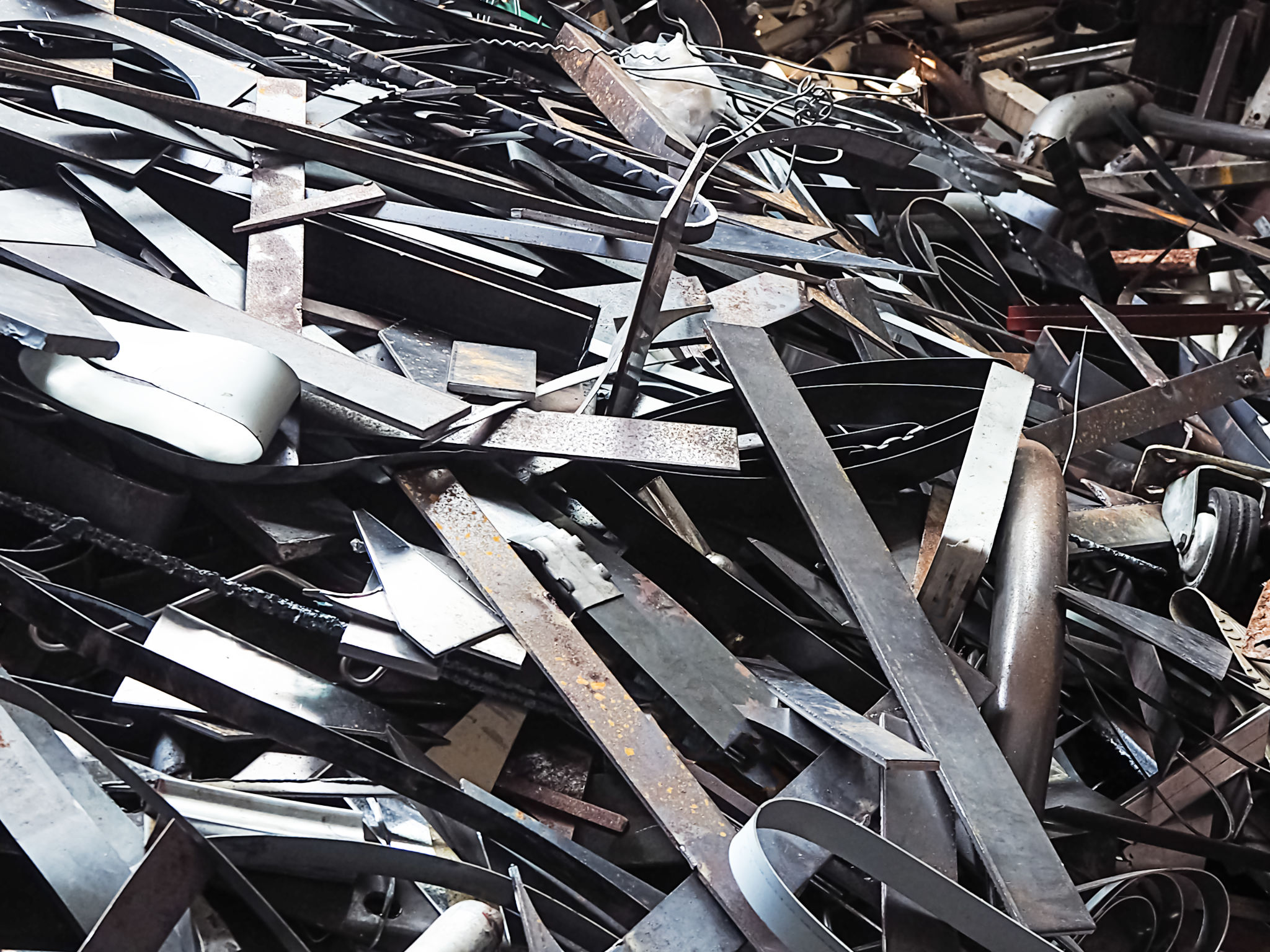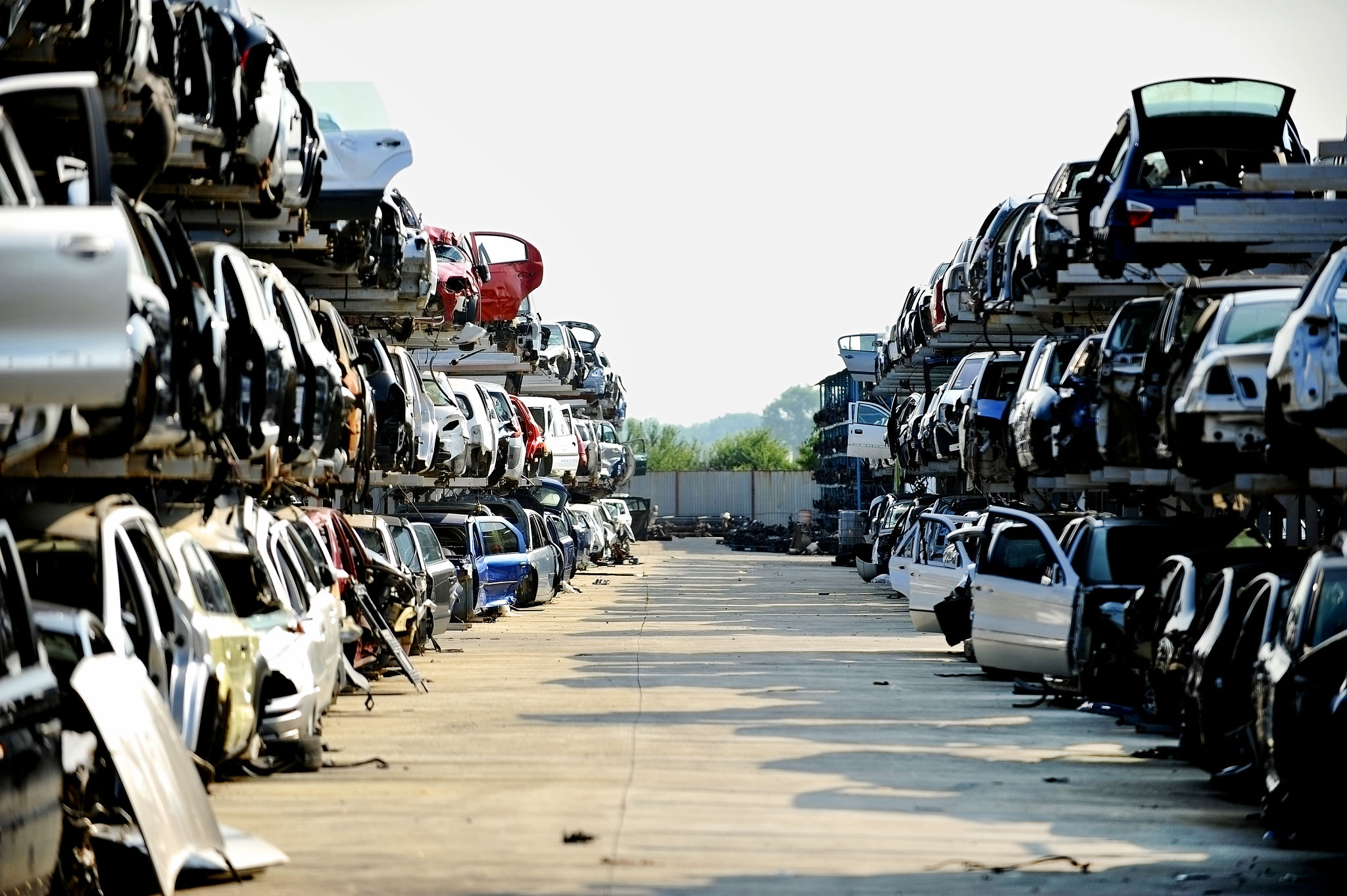Understanding Steel Scrap: How It Fits into Michigan's Recycling Economy
The Role of Steel Scrap in Michigan's Recycling Economy
Michigan has long been a leader in recycling efforts, particularly in the industrial sector. Among the various materials contributing to the state's recycling economy, steel scrap plays a vital role. As a material that can be recycled repeatedly without losing its properties, steel scrap offers numerous environmental and economic benefits.

Understanding Steel Scrap
Steel scrap refers to discarded steel or products made from steel that can be reprocessed into new steel products. It comes from various sources, including old cars, household appliances, construction materials, and industrial by-products. In Michigan, the abundance of manufacturing and automotive industries provides a steady supply of this valuable resource.
The process of recycling steel scrap involves collecting and sorting the material, melting it down in furnaces, and then casting it into new products. This process significantly reduces the need for virgin iron ore, conserving natural resources and energy.
Environmental Benefits of Steel Recycling
Recycling steel scrap offers substantial environmental benefits. One of the most significant advantages is energy conservation. Producing new steel from recycled scrap uses about 74% less energy compared to manufacturing from raw materials. This energy efficiency helps reduce greenhouse gas emissions, contributing to climate change mitigation efforts.
Additionally, recycling steel minimizes landfill waste. In 2020 alone, over 85 million tons of steel were recycled in the United States, preventing a vast amount of waste from ending up in landfills. By integrating steel scrap into Michigan's recycling economy, the state contributes to global efforts in sustainable waste management.

Economic Impact of Steel Scrap Recycling
The economic impact of steel scrap recycling in Michigan cannot be underestimated. The industry supports thousands of jobs across the state, from collection and processing to transportation and manufacturing. It also stimulates local economies by promoting business for related industries such as logistics and equipment manufacturing.
Moreover, as demand for sustainable practices grows, companies are increasingly looking to incorporate recycled materials into their products. This trend not only strengthens the market for steel scrap but also encourages innovation in recycling technologies and practices.
Challenges and Opportunities
Despite its benefits, the steel scrap recycling industry faces several challenges. Fluctuating market prices for scrap metal, competition with imported materials, and evolving regulations can impact profitability and growth. However, these challenges also present opportunities for innovation and improvement.

Investing in advanced sorting technologies and collaboration between stakeholders can enhance efficiency and quality in the recycling process. Additionally, increasing public awareness about the importance of recycling can boost participation and supply of steel scrap.
The Future of Steel Scrap in Michigan
As Michigan continues to embrace sustainable practices, the role of steel scrap in its recycling economy is likely to grow. By fostering a strong infrastructure and investing in technology, the state can maximize the benefits of this versatile material.
In conclusion, understanding the importance of steel scrap is essential for appreciating its contributions to Michigan's economic and environmental landscape. By supporting recycling initiatives and leveraging opportunities for innovation, Michigan can continue to lead in sustainable industrial practices.